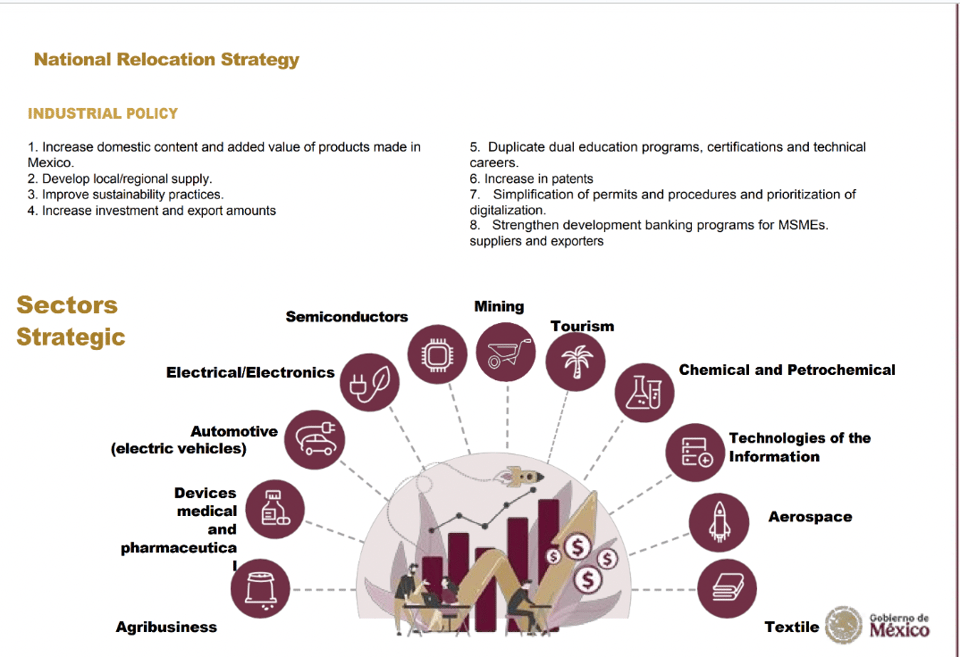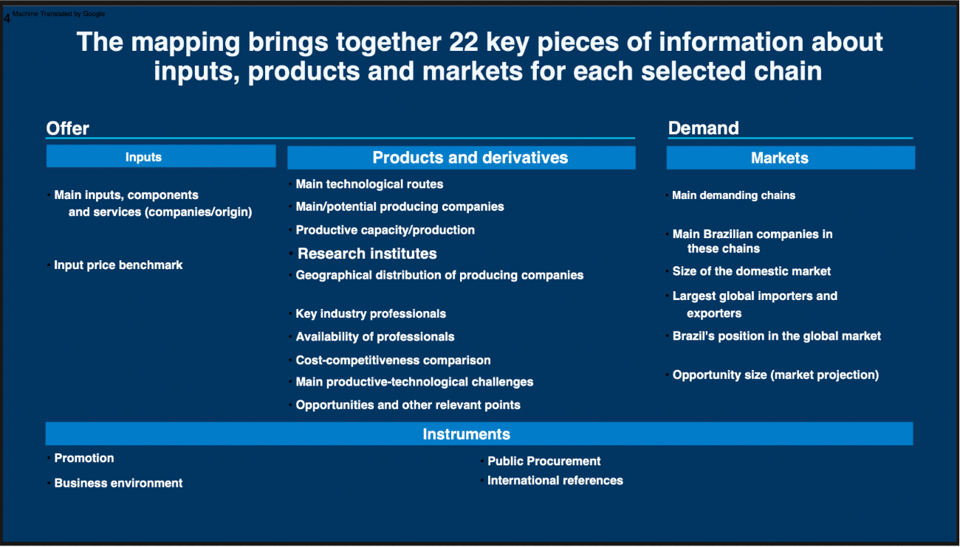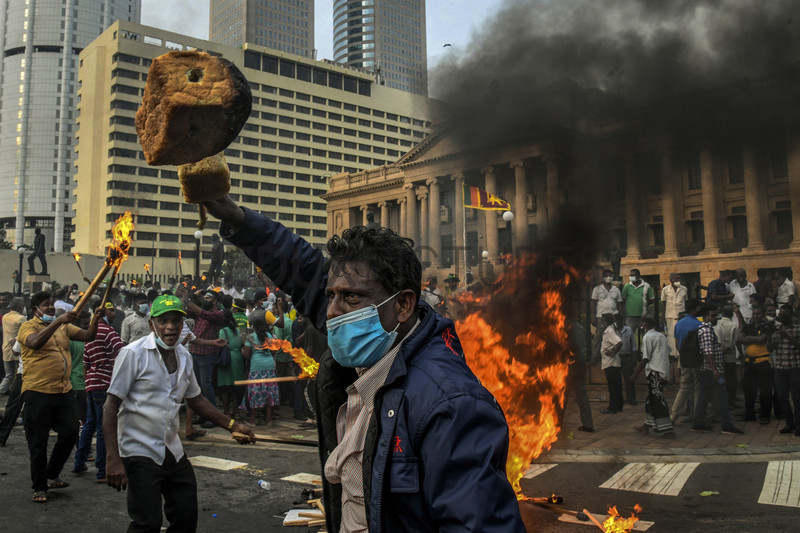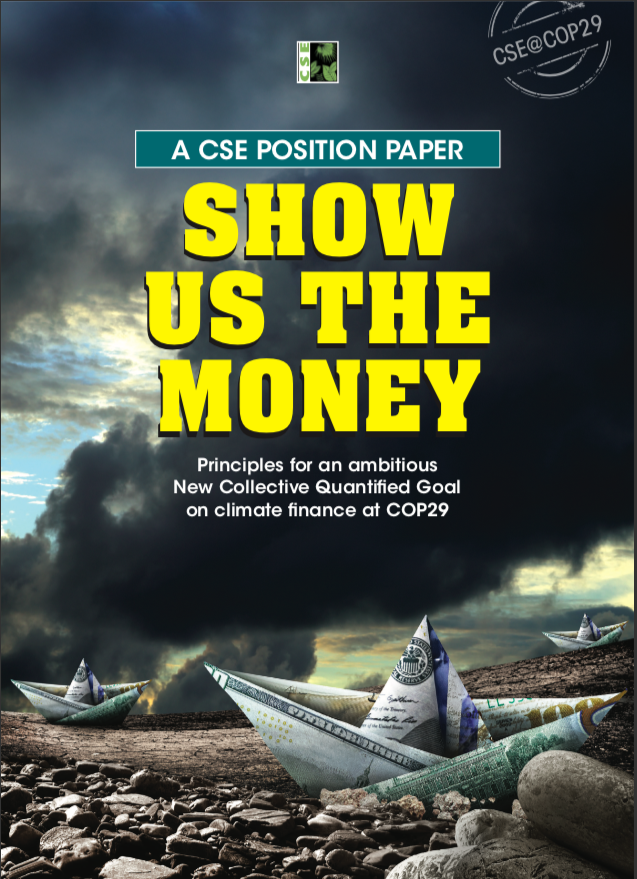No one knows nothing...help us?
It’s now five years since Covid began to change the world. What changed and what remained the same in global political economy of climate? That was the question that our friends at Heatmap News posed to us. We have been covering our metastasizing world crisis of development, finance, multilateral, trade, security for over two years now and focused the essay on the deterioration of what we might call geopolitics or 'global solidarity'. Lara and Kate also published a essay on the Trump shockwave through the world economy, wondering if America First would turn to America alone?
But, perhaps like many of you, we feel increasingly lost at sea. It’s not the sheer volume of events that have us lost, but the interacting nature of the political, economic and geopolitical shifts. Adrift, caught in a maelstrom, with a sinking feeling that no one knows which way to steer towards solid ground. This maelstrom, as Nancy Fraser once said, is truly shaking confidence in established worldviews and ruling elites everywhere.
So we wanted to ask you, our dear readers, with your unique vantage points into this polycrisis, to help us out. Here are some questions that Kate and I have been asked at various forums - in the US, Australia, Brazil, Mexico, India, and Brussels - in the last month. We’d love to hear from you. Send us your answers to any question, and tell us if you’d like to be anonymous or credited, and we’ll publish your takes in our next dispatches.
Brazil G20 and Mexico
The context for the questions below are that both the Mexican and Brazilian governments are embarking on ambitious national development plans and Lula and Claudia Sheinbaum are positioning their countries as champions of southern-lead multilateral reform agendas. I was in Rio to attend a workshop on Multilateralism, States and Finance, organized by CEBRAP, the Brazilian Center for Policy and Planning. My slides are here.


Our questions for you
What is the current scope for international cooperation, and how can it be expanded? What roles do international forums like the G20 and multilateral institutions play? How should the Global South position itself and build alliances?
How can each country leverage the ecological transition to further its development goals?
How can green industrial policies be financed without placing undue burdens on States? What roles do private, multilateral, and public investments play?
What would be the most significant opportunities for Brazil in this emerging global economy, green economy. What do you think about Brazil’s new NDC that references “complex adaptive systems of stochastic, non-linear and emergent behavio r”?
Is there a way to prevent developing countries from the status quo of simply providing minerals and other resources?
How is the mining sector in Brazil looking at green opportunities? I was recently in Australia and they already have huge mining sites where they're aiming for a net zero by 2030.
How can Brazil position itself in this competitive environment with China, not to be overshadowed by it, but also to somehow benefit it?
How does Trump’s election affect the potential for a green transition in Brazil and other Latin American countries?
What will the likely impact of the EU-Mercosur trade agreement be for both Europe and Latin America?
Australia
How can we reconcile the urgent need to “keep it in the ground” with the need for adequate political consensus on energy transition?
Will inflation keep trending towards 2%, or rebound?
Will central banks keep cutting interest rates?
Are insurers actually threatened by climate losses?
US
What material roles do the two largest economies in the world, the US and China, play in enabling the world to fight climate change? In particular, in terms of scientific knowledge production, technological development, and the financing of green industry worldwide?
How is global decarbonization affected by the escalating US-China trade war?
What specific steps did Trump and Biden take to prosecute this trade war, and what was the strategic vision behind those steps? In what ways has it been successful and unsuccessful?
How much continuity on international economic policy was there between the Trump and Biden administrations?
What should we expect to see in Trump’s second term?
What specific steps has China taken in retaliation to American tariffs and subsidies, and why?
What is the importance of the particular minerals whose exports China has now restricted, and what are the likely global consequences of those restrictions?
Does anyone in developing countries stand to benefit from the trade war?
When people argue that fighting climate change requires the world’s rich countries to finance a massive industrial buildout, are they relying on assumptions about the necessity of economic growth?
Protectionist trade policy is often rhetorically justified in the interest of domestic workers. How should ordinary people concerned about their livelihoods and the cost of goods think about trade policy when politicians pitch competing visions to them?
Excerpt from Tim’s Grist interview
Here, since many people are suspicious of industrial policy as either enabling crony capitalism or great power rivalry, I want to make a positive case for why countries should do green industrial policy. As the economists Dani Rodrik and Joseph Stiglitz have recently argued: there have been no successful cases of economic development without industrial policy. The reason developing countries want local clean industries is clear. They could boost profits, tax revenues, create higher-skilled jobs and political coalitions that support deep decarbonization. Secondly, industrial policy returns public purpose to politics. Neoliberalism evacuated economic decision-making from democracy and handed it over to firms and markets. By making government something worth arguing about, green industrial policy supports democracy.
Excerpt from our Heatmap essay
Frantz Fanon once said “The colonized’s sector is a famished sector, hungry for bread, meat, shoes, coal, and light” In it “you are born anywhere, anyhow. You die anywhere, from anything". That reminded us of the iconic photograph from Sri Lanka with which we launched Polycrisis in 2022.

Kate and I wrote how countries & societies are being beat back into poverty as global cooperation has broken down:
“…the way the world’s governments (especially the largest and most powerful) responded to the virus, which undermined the very idea of multilateralism, climate action included. This took place along three main vectors: inertia on global financial rules, even as long-acknowledged failings turned catastrophic; a renaissance in industrial policy that may prove transformative for domestic fiscal policy; and, at the intersection of both, deterioration of what we might call geopolitics or “global solidarity.”
Evidence of this phenomenon can be found in nearly every aspect of the global order. The World Bank in October pointed to Covid as chief among a “polycrisis” of “multiple and interconnected crises occurring simultaneously, where their interactions amplify the overall impact.” Development gains have almost slowed to a halt. Extreme poverty has increased overall in low-income countries since 2014, after decades of improvement, according to the World Bank’s analysis.”
Wishing everyone a wonderful holiday season, we will be back in 2025. Thank you for reading us, and do write back.

Add a comment: